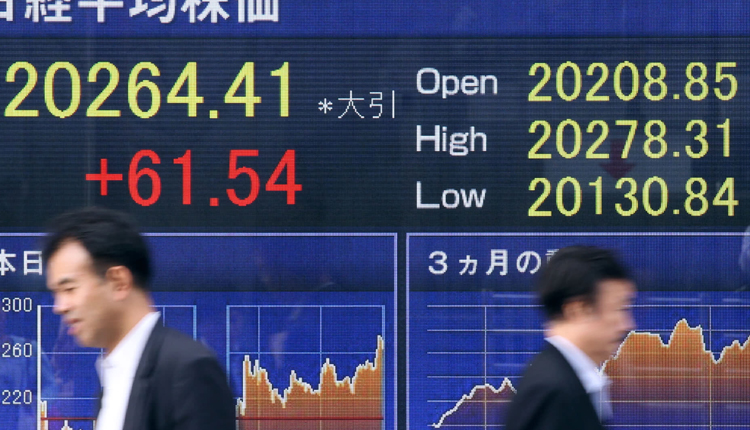Asian markets were mixed on Tuesday as the Reserve Bank of Australia kept its policy settings on hold, according to CNBC.
Stocks in mainland China continued to lead gains among the region’s major markets for a second day after Monday’s blockbuster gains. The Shenzhen component jumped 1.717 percent to close at around 13,163.98 while the Shanghai composite rose 0.37 percent to about 3,345.34.
On Monday, the Shanghai composite soared nearly 6 percent after the state-owned China Securities Journal said investors should look forward to the “wealth effect of the capital markets” and the prospect for a “healthy bull market.”
“Frankly speaking, it’s not the first time for the official mouth(piece) to promote a stronger equity market in China. We have seen many, many rounds,” Tommy Xie, head of greater China research at Singapore’s OCBC Bank, told CNBC’s “Street Signs” on Tuesday. “Most of the time, it’s quite short-lived, so I think eventually what matters is still the fundamentals.”
Still, Xie said it is “perfect timing” for China to “promote” a stronger equity market again.
“China does need a stronger equity market right now,” Xie said, as it would aid in areas such as deleveraging as well as boosting sentiment when the country feels somewhat “isolated” by some of the Western powers.
Hong Kong’s Hang Seng index, on the other hand, fell 1.08 percent, as of its final hour of trading.
Elsewhere, Japan’s Nikkei 225 slipped 0.44 percent to close at 22,614.69 while the Topix index shed 0.34 percent to end its trading day at 1,571.71. South Korea’s Kospi dropped 1.09 percent to close at 2,164.17.
Over in Australia, the S&P/ASX 200 finished its trading day marginally below the flatline at 6,012.90.
Overall, the MSCI Asia ex-Japan index declined 0.59 percent.
The Reserve Bank of Australia (RBA) announced Tuesday its decision to maintain its current policy.
“The outlook remains uncertain and the recovery is expected to be bumpy and will depend upon containment of the virus,” RBA Governor Philip Lowe said in a media release, though he acknowledged that the recent pick up in leading indicators suggested that the “worst of the global economic contraction has now passed.”
“As widely expected, the RBA made no changes to monetary policy at its July meeting,” Shane Oliver, head of investment strategy and chief economist at AMP Capital, wrote in a note. “The RBA basically remains in watch and monitor mode.”
Following the RBA decision, the Australian dollar changed hands at $0.6944 after seeing an earlier high of $0.6997.
The U.S. dollar index, which tracks the greenback against a basket of its peers, was at 96.882 after touching an earlier low of 96.6.
The Japanese yen traded at 107.56 per dollar following an earlier high of 107.22.
Oil prices fell in the afternoon of Asian trading hours, with international benchmark Brent crude futures down 1.21 percent to $42.58 per barrel. U.S. crude futures also slipped 1.3 percent to $40.10 per barrel.


